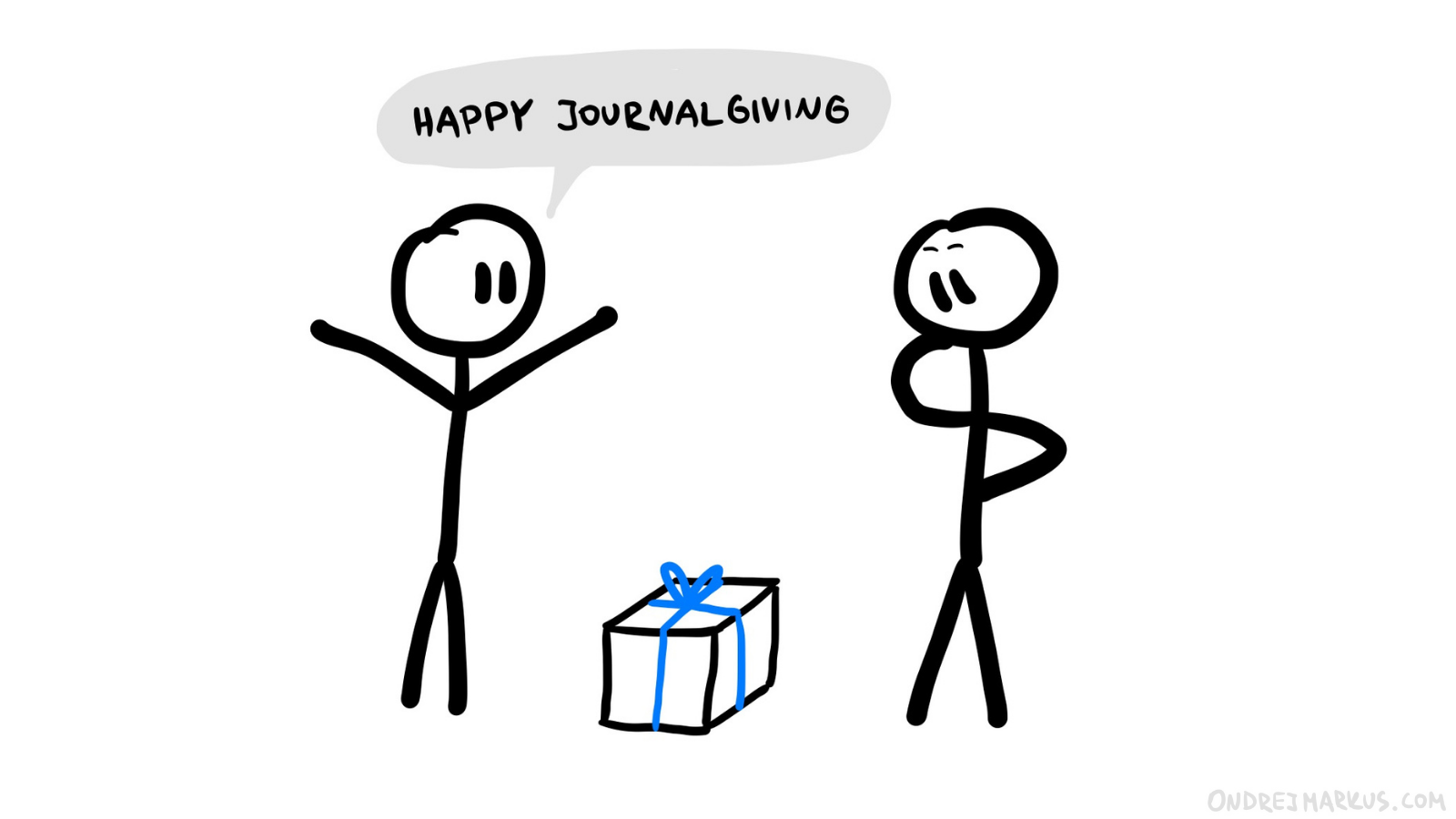

Journaling is the most useful thing anyone can do. It’s five minutes a day that will change your life. Writing down thoughts to reflect on them is to your mind what tooth brushing is to your mouth. It makes things clear.
It develops a superpower–higher self-awareness–the most important skill there is, which helps you better understand how you feel and what you want. These two are the starting point for any goal or action you do.
Here are the rules I discovered by trial and error. They help me get the most out of journaling and enjoy the process. My hope is they can lift the obstacles that would otherwise prevent you from journaling.
Allow yourself to write gibberish. The form is not the point. If anything, it usually blocks the train of thought from freely drifting through the mind. Let it flow and forget the style.
Don’t show your journal to anyone. When you do, you’ll start to write to impress. And writing to impress others is not the purpose of journaling. Do that elsewhere. In a journal, write only for your eyes.
Don’t push yourself to write pages every day. Aim to write one sentence a day. You can always write more. Don’t set yourself up for failure. In the long run, building the habit is more important than today’s ambition to push yourself beyond expectations.
Journaling is an opportunity to focus your mind on problems you want to think about. Our mind is obsessed with problems and will find one. Whenever we solve a problem, there is a new one right behind it. So don’t wish for the end of problems, wish for better problems instead.
Routine is boring but powerful. Our body and mind are used to a day as a natural time unit. A day is a good habitual rhythm for journaling because it becomes automatic. Also, it accumulates and gets easier as you do it. Find your regular time of day to journal.
Journal isn’t a book. It doesn’t have to start and end. Start anywhere your mind is when you pick up the pen. Let it be chaotic. That’s how the mind works. Don’t let the need for order ruin the magic of journaling. When you don’t have anything more to say at the moment, don’t. Let it go. You will pick it up somewhere else tomorrow.
Feel free to ignore anything I wrote here. It’s your journaling process and you should do it in any way that works for you. Try things out. Experiment. After all, journaling is a tool. And it works in different ways for everyone. These rules are what works for me and they evolve with time anyway. Start and discover your own rules.